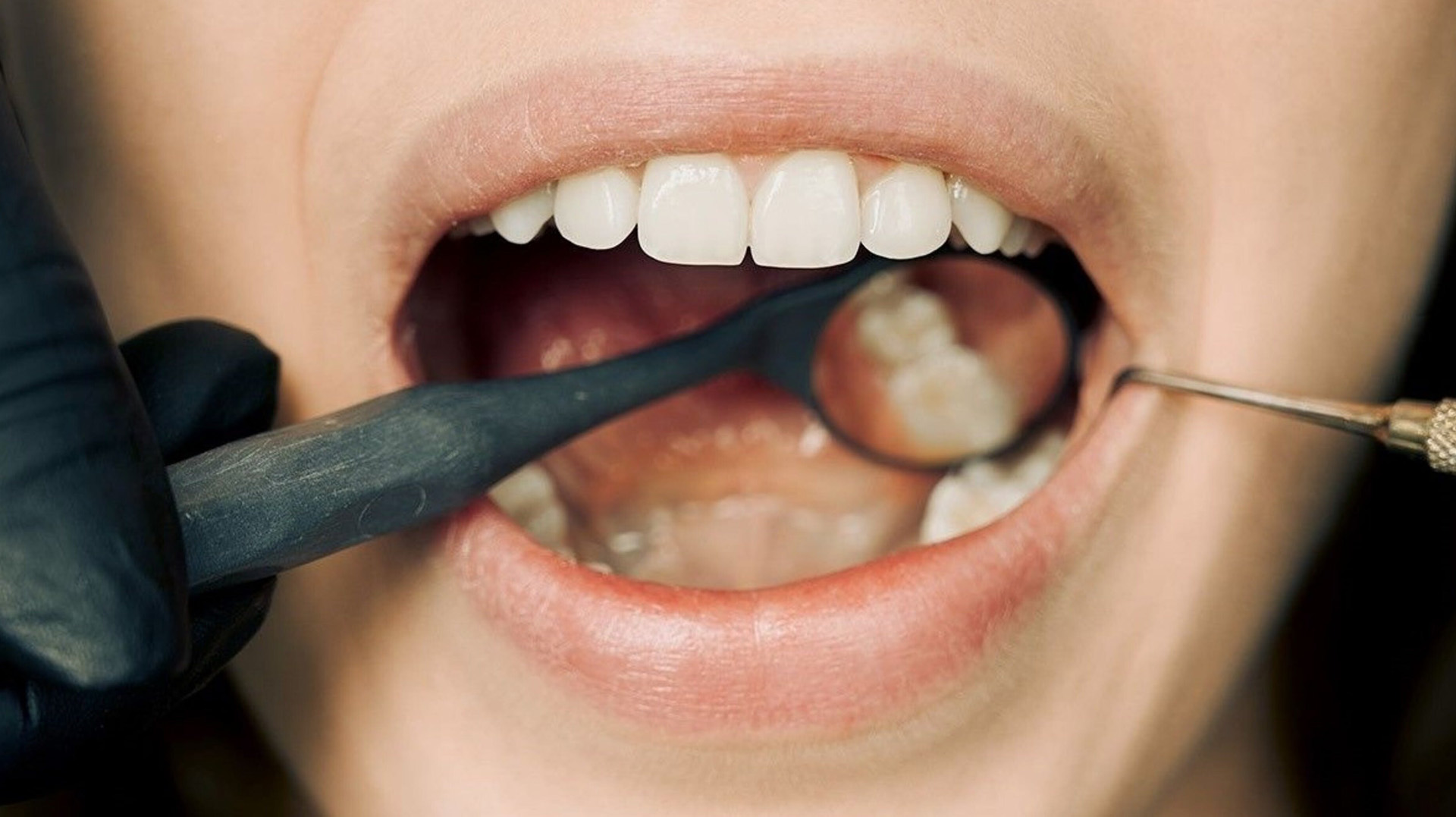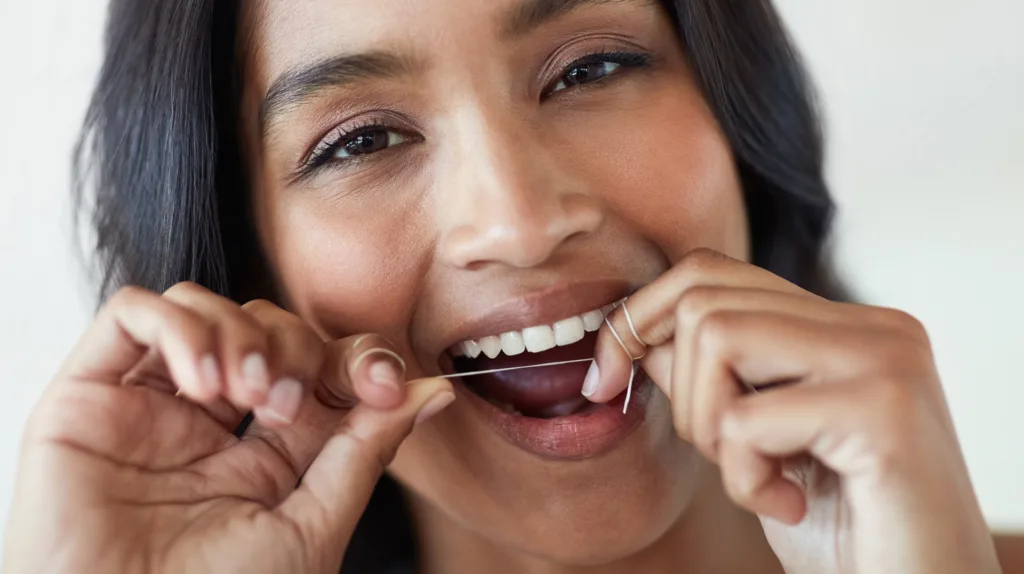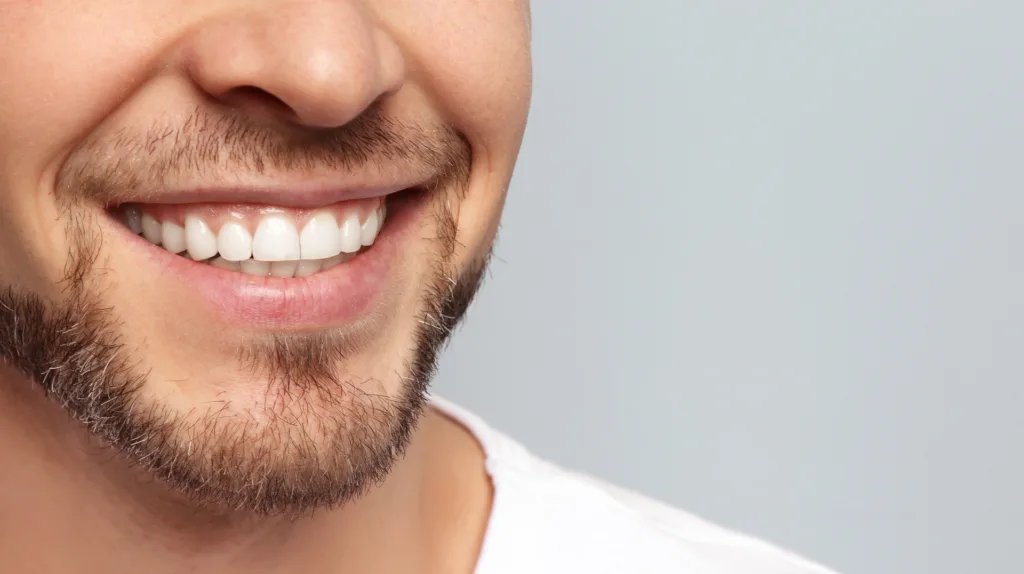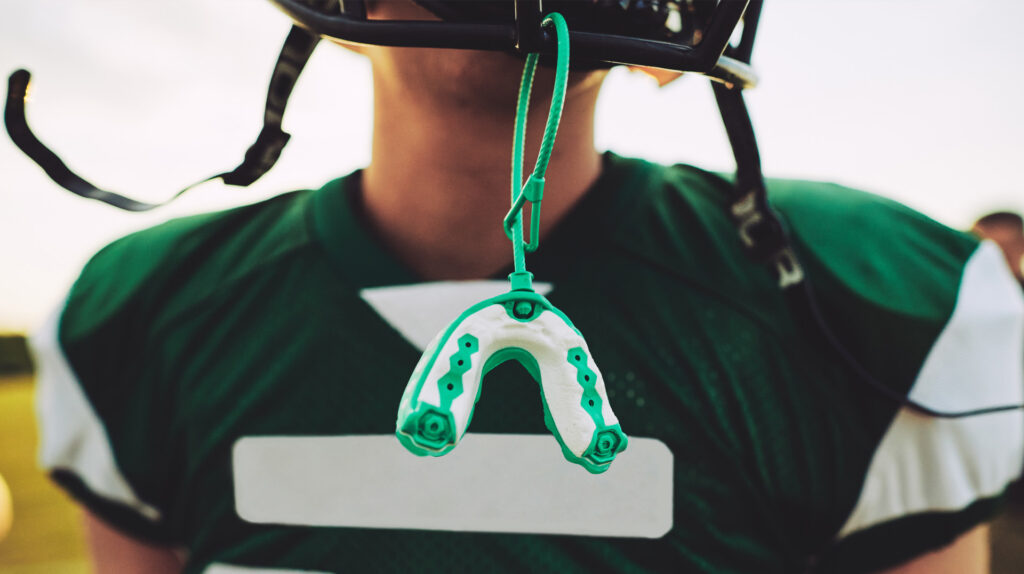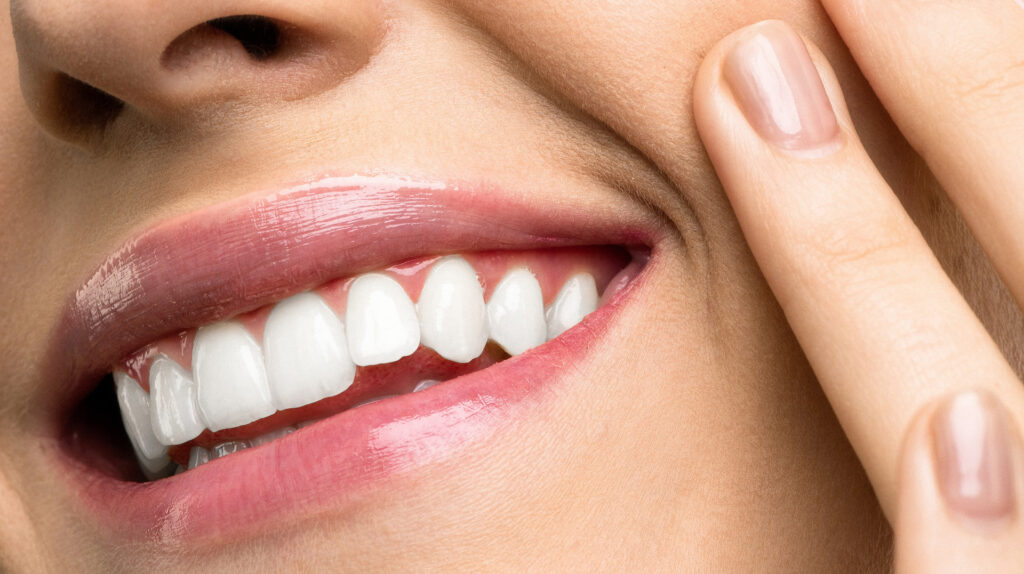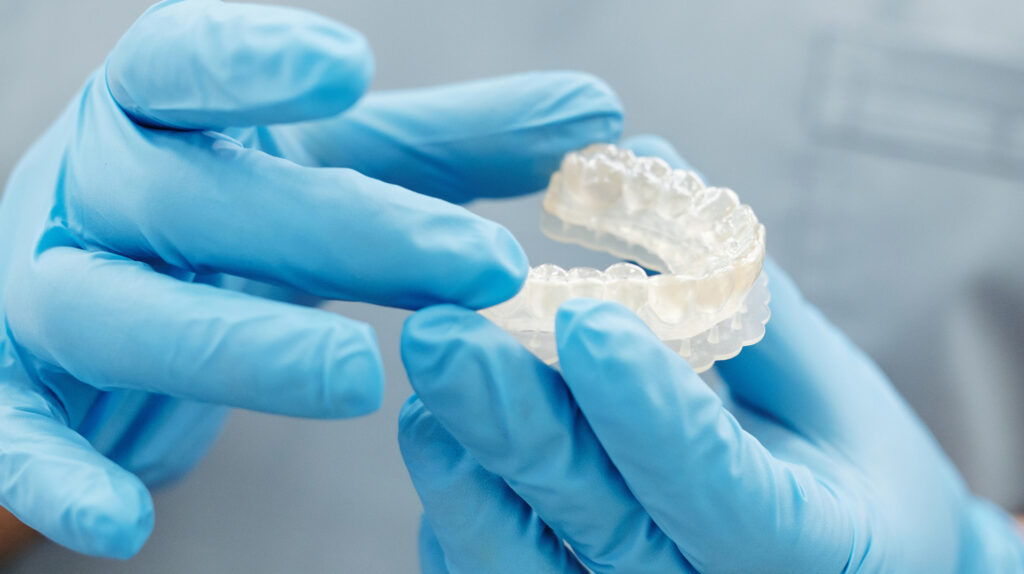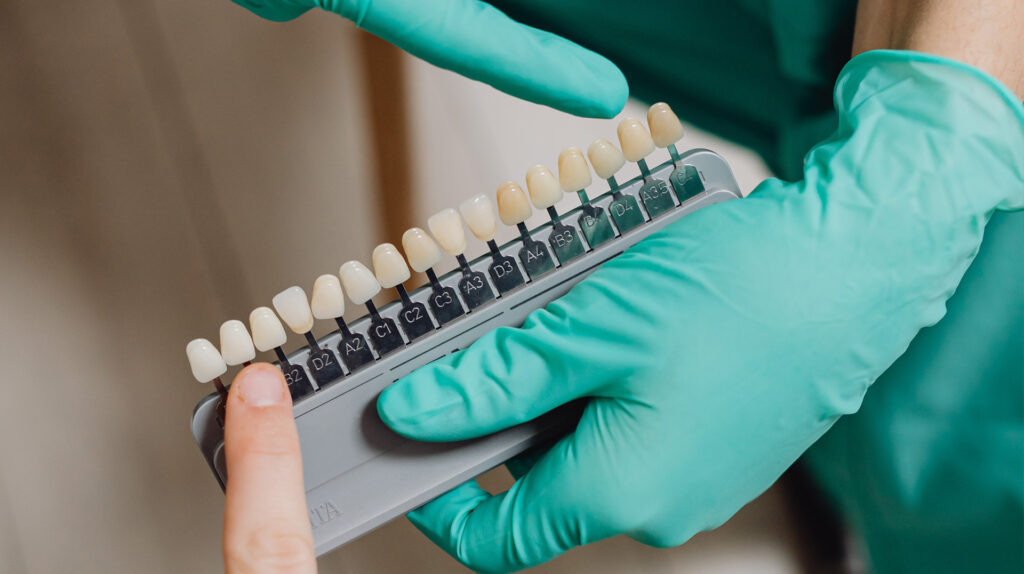Dental emergencies can be painful and distressing, but knowing how to respond is crucial. Understanding what to do can alleviate discomfort and improve outcomes. Quick actions in these situations can make a significant difference. These initial steps provide temporary relief and prevent complications. While a dentist’s consultation is essential for comprehensive care, your immediate response matters. Being prepared and acting with confidence is key to managing dental emergencies effectively.
Dealing with a Toothache
A toothache can be seriously painful, and it’s important to tackle it without delay. The kind of pain that comes with a toothache can make it hard to go about your daily routine. Getting quick relief is not just a good idea, it’s a must.
Clean the Area: Start by gently cleaning around the affected tooth to remove any lodged food particles or debris.
Rinse with Salt Water: Prepare a warm saltwater rinse to clear the mouth of any irritants and alleviate discomfort.
Avoid Aspirin: Under no circumstances should aspirin be applied directly to the aching tooth or gum, as it may harm the oral tissues.
Address Swelling: If facial swelling is present, apply a cold compress to the affected area to reduce inflammation.
Temporary Pain Relief: For immediate pain relief, over-the-counter ibuprofen or acetaminophen can be helpful.
It’s essential to remember that these measures offer temporary relief and should not replace a professional evaluation. As soon as possible, schedule an appointment with a dentist to address the underlying issue causing the toothache.
Managing Broken Braces and Wires
If a wire or part of your appliance breaks, there are steps you can take to handle the situation on a short-term basis until you can see your dentist. It’s important to note that while these measures are not a substitute for professional care, they can provide some relief and minimize discomfort while you wait for a proper fix.
Remove Gently: If the broken appliance is easily removable, go ahead and take it out. However, if it’s stuck or causes discomfort upon removal, leave it in place.
Cover Protruding Edges: To prevent irritation, use orthodontic wax, cotton balls, gauze, or chewing gum to shield any sharp or protruding edges.
Do Not Remove Stuck Wires: If a wire is caught in your gums, cheek, or tongue, resist the urge to remove it yourself. Seek immediate dental attention. Loose or broken appliances that don’t cause discomfort may not necessitate emergency intervention.
Handling a Broken Tooth
A fractured tooth can be a distressing situation. The pain, the worry, and the uncertainty that come with a broken tooth can cause anxiety. The distress that accompanies a broken tooth can disrupt your daily life, affecting your ability to eat, speak, and smile with confidence. It’s a situation that demands swift attention, both to alleviate the pain and to address the deeper concerns surrounding your oral health.
Rinse the Area: Gently rinse the affected area with warm water to remove debris and maintain oral hygiene.
Apply a Cold Compress: Utilize a cold compress on the injured facial region to minimize swelling and alleviate discomfort.
Recover Fragments: If fragments of the broken tooth are available, save them. They may be crucial in the treatment process.
Immediate Dental Attention: A broken tooth demands immediate dental care. Schedule an appointment to assess the damage and determine the best course of action.
Reaching out to a dental professional becomes not just a necessity but a lifeline, as they possess the expertise to assess the damage, provide suitable treatment, and guide you back to oral well-being.
Responding to a Knocked-Out Permanent Tooth
Recover the Tooth: Handle the tooth by its crown (the top part) and avoid touching the root.
Gentle Rinse: Rinse the dislodged tooth gently with water to remove any contaminants. Do not scrub or handle it excessively.
Reinsert If Possible: Try to reinsert the tooth into its socket. To hold it in place, use a clean piece of gauze or cloth.
Store in Milk or Water: If reinsertion isn’t possible, keep the tooth in a cup containing milk or water to preserve its condition.
Timing is crucial in this scenario, so seek immediate dental attention to maximize the chances of saving the knocked-out tooth.
In a dental emergency, staying calm and reaching out to a dentist is vital. Dental professionals will provide expert care and alleviate your discomfort. While initial first-aid measures can offer temporary relief, they’re not a substitute for evaluation and treatment. Contacting a dentist swiftly is the key to finding lasting solutions, addressing the underlying issues, and restoring your oral health and confidence. Your dentist is your trusted guide on the path to recovery.

